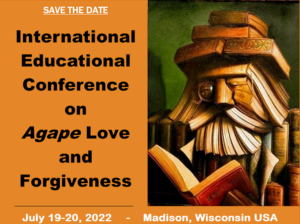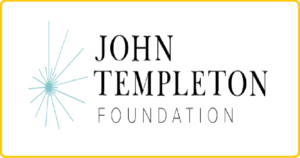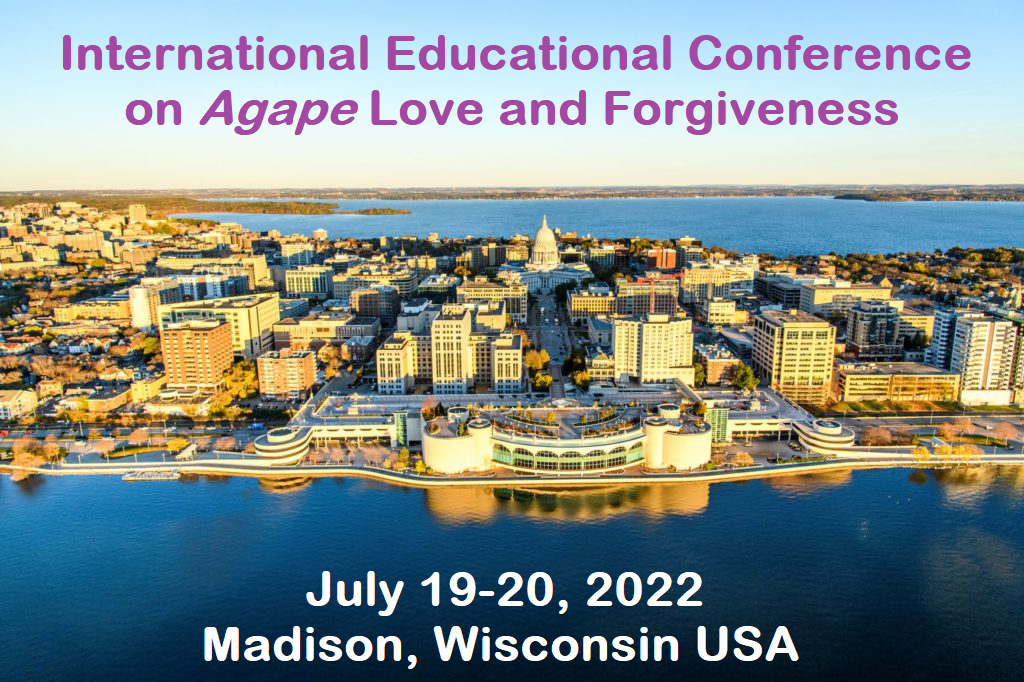Tagged: “The Forgiving Life”
JOIN US! International Educational Conference on Agape Love and Forgiveness
A research project focusing on agape love and forgiveness, now underway in three culturally distinct areas of the world, will culminate next summer with an international educational conference to be held in Madison, Wisconsin. The conference will be hosted by the International Forgiveness Institute (IFI)—the nonprofit organization founded in Madison 27 years ago. The research is being conducted by researchers at the University of Wisconsin-Madison.
distinct areas of the world, will culminate next summer with an international educational conference to be held in Madison, Wisconsin. The conference will be hosted by the International Forgiveness Institute (IFI)—the nonprofit organization founded in Madison 27 years ago. The research is being conducted by researchers at the University of Wisconsin-Madison.
Working with elementary school children in Northern Ireland, Israel (both Arabic- and Hebrew-speaking schools), and Taiwan, the research is being funded by the John Templeton Foundation which has been supporting research on forgiveness for more than 20 years. The Foundation’s p rimary goal is “to ignite a global conversation on forgiveness to help everyone experience its benefits and to increase the visibility and funding of forgiveness innovations.”
rimary goal is “to ignite a global conversation on forgiveness to help everyone experience its benefits and to increase the visibility and funding of forgiveness innovations.”
The 3-year project was developed by and is being conducted under the direction of Dr. Robert Enright, co-founder of the IFI and a professor of educational psychology at the University of Wisconsin-Madison. Its principal focus is on incorporating agape love fundamentals with Dr. Enright’s Forgiveness Curriculum materials for 5th grade students.
“Agape love is drawn from Greek tradition and is the highest expression of forgiveness toward those who caused pain,” Dr. Enright explains. “I call it the ultimate form of love—the kind of love that has never before been scientifically examined as part of forgiveness research.”
 The research portion of the agape love and forgiveness education project will continue through most of this school year with 60 teachers and up to 1,200 students at the experimental sites. Some of those educators will outline their experiences and present their findings during the July 19-20, 2022 International Educational Conference on Agape Love and Forgiveness at the University of Wisconsin-Madison campus.
The research portion of the agape love and forgiveness education project will continue through most of this school year with 60 teachers and up to 1,200 students at the experimental sites. Some of those educators will outline their experiences and present their findings during the July 19-20, 2022 International Educational Conference on Agape Love and Forgiveness at the University of Wisconsin-Madison campus.
A new website that was created specifically for this Templeton Foundation project was recently launched with an abundance of information about agape love, forgiveness education, and the Conference. The website will serve as an ongoing platform where educators can access curricula and other teaching resources. It will also house all Conference presentations and education materials developed through the project. Visit the website: Agape Love and Forgiveness.
- Learn what agape love is and what makes it unique: Agape Love.
- Learn about the amazing benefits of Forgiveness Education.
You just talked about forgiving and reconciling being more complete than forgiving alone. Yet, it seems to me that there are three issues that need to work together for a more complete package: forgiving, the offender seeking forgiveness, and then genuine reconciliation. What do you think?
Yes, I agree that forgiving, seeking forgiveness, and reconciliation are ideal, if this can occur with mutual trust. We have been talking about these three working together for about 3 decades and we call this “the forgiveness triangle.”
If I forgive but do not reconcile, would you say that I truly have forgiven?
Reconciliation is not a necessary condition to forgive. Yet, if you do not reconcile, whether you have truly forgiven includes such issues as these: Do you wish the other person well? Do you see the worth and human dignity of the person? Do you have a softened heart toward the person? Are you willing to offer an unconditional gift of some kind to the other (doing so as an end in and of itself rather than for a reward)? All of these issues are part of deep forgiving.
I don’t get it. Why does the forgiveness process involve the victim trying to see the woundedness in the one who acted wrongly? So what if that person was treated badly by others. How does that take away my inner torment?
The point of seeing the woundedness in the other, if those wounds exist, is to slowly start to engender some empathy and compassion in you for that person. In other words, the point is to see a person who is more than the injustices against you. Your seeing the other’s wounds can be a first step in your softening your heart toward that person.
Do most people decide spontaneously to forgive or do they need some persuading to give it a try?
In my experience, many people misunderstand what forgiving is, equating it with reconciliation or excusing the other person’s behavior. In such cases, people are hesitant to forgive. So, in such cases, people first need some time to learn about what forgiveness actually is, which tends to quiet fears. Then people are more willing to try forgiving.




